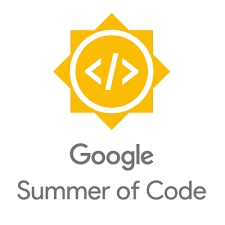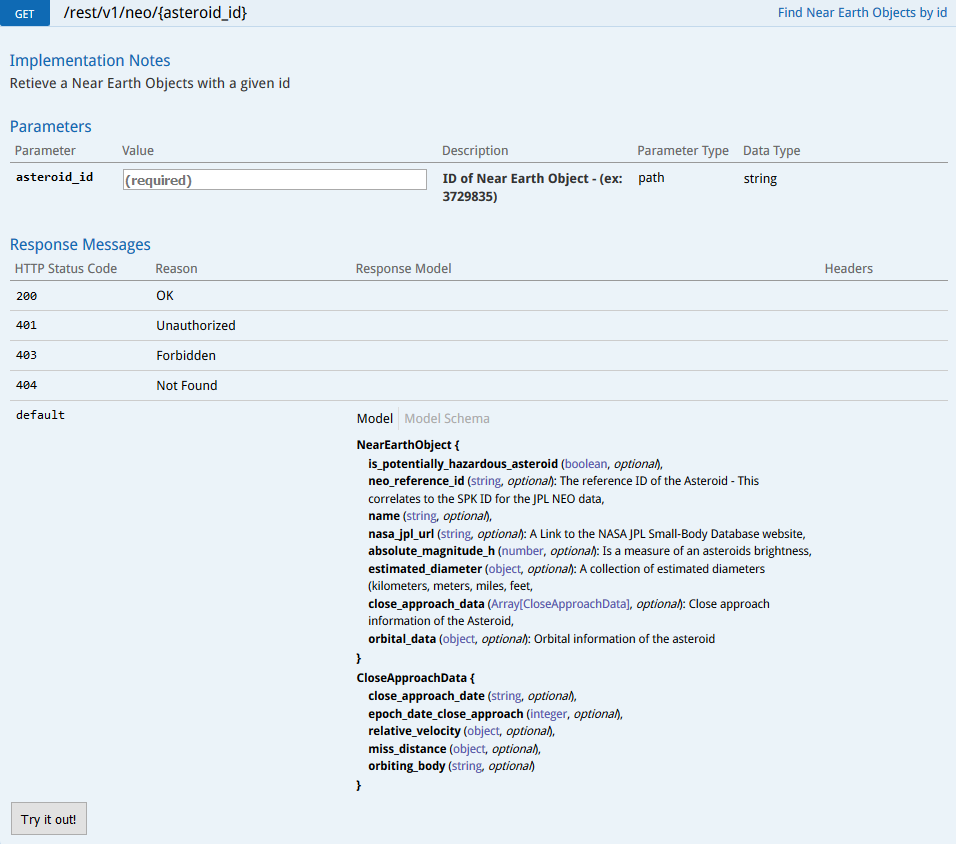poliastro in Google Summer of Code 2019!
We are glad to announce that poliastro will accept student applications during Google Summer of Code 2019, thanks to the umbrella organization OpenAstronomy! 🚀
For the newcomers, poliastro is a pure Python library that allows you to easily simulate and visualize interplanetary orbits in an interactive way, used by people from all around the world. Sounds interesting? Read on!
What is Google Summer of Code?
Google Summer of Code (from now on, GSOC) is, according to its own website:
a global program focused on bringing more student developers into open source software development. Students work with an open source organization on a 3 month programming project during their break from school.

GSOC is the inspiration for the Summer of Code in Space (SOCIS), a similar program organized by the European Space Agency in which we also participated, with great success.
The …
